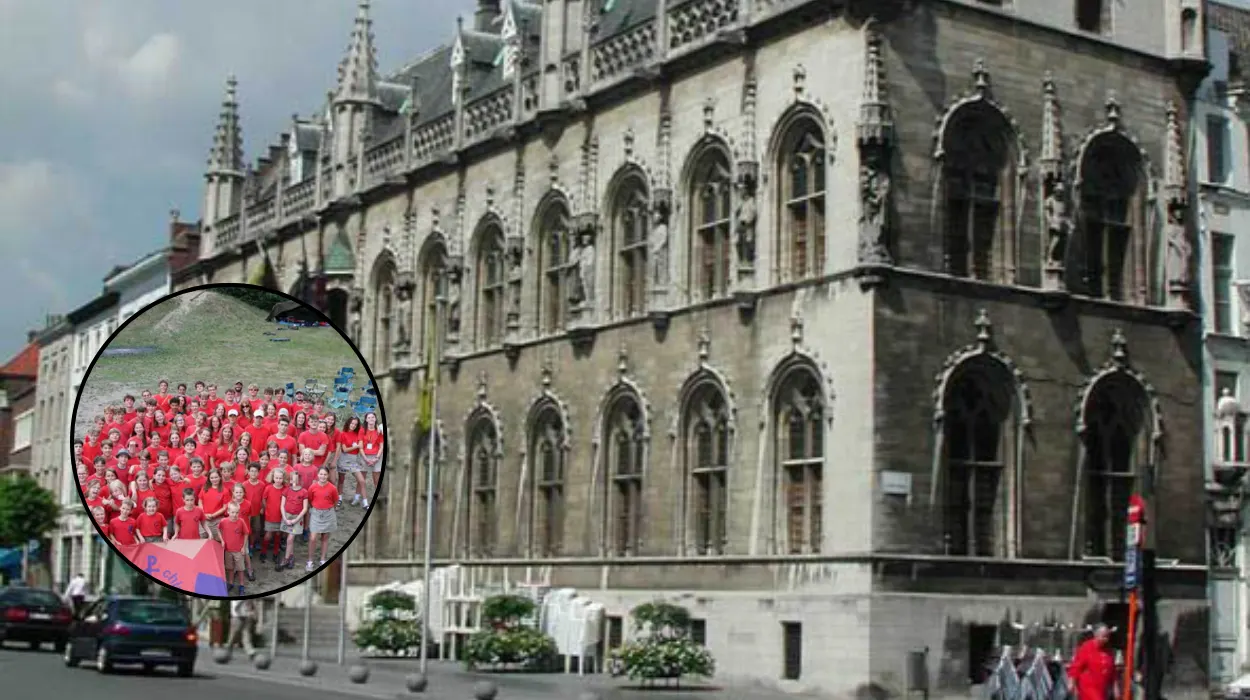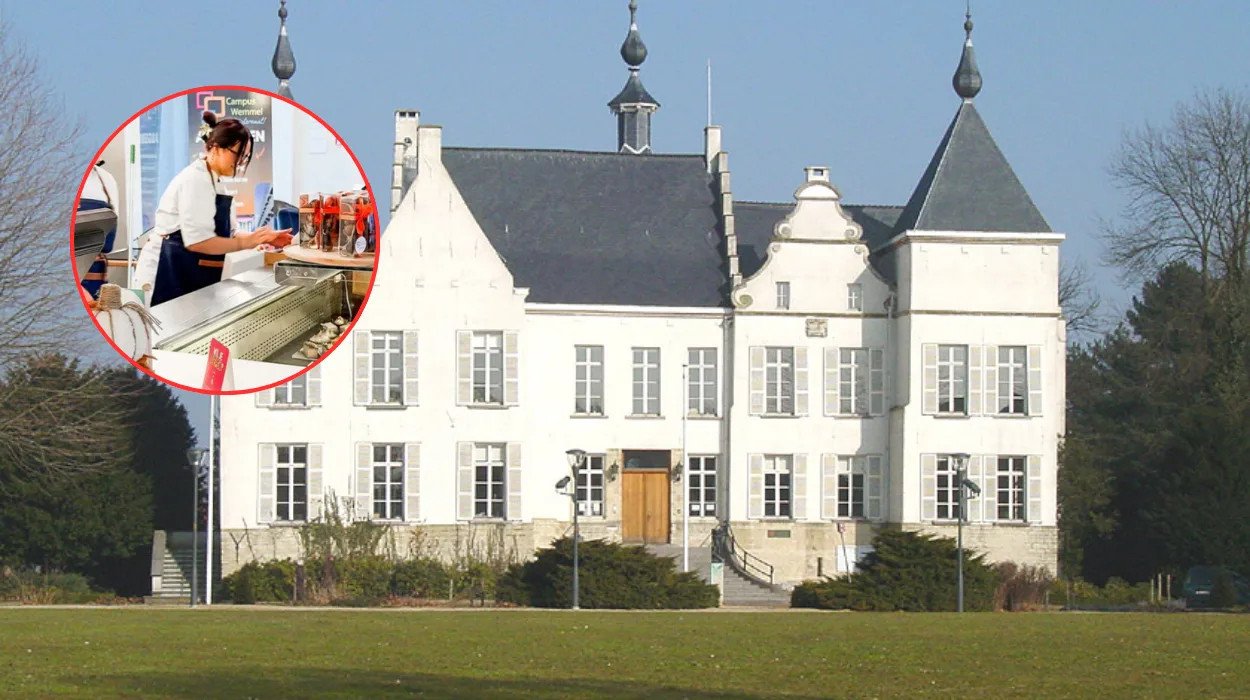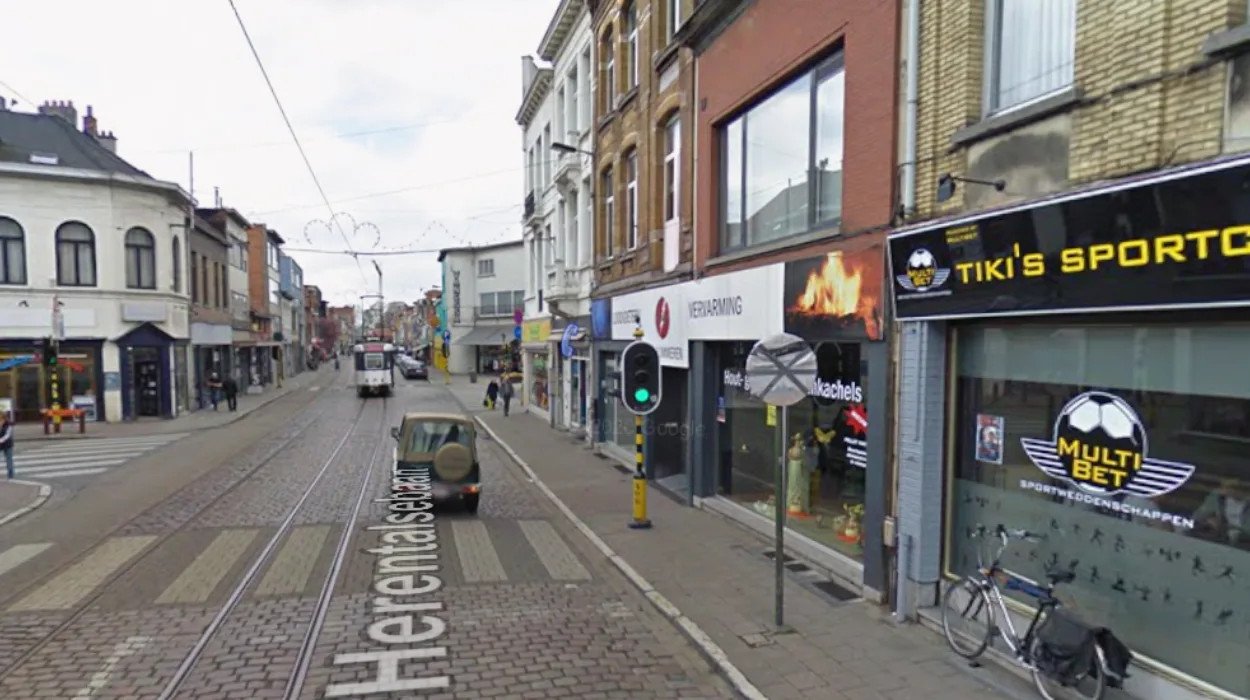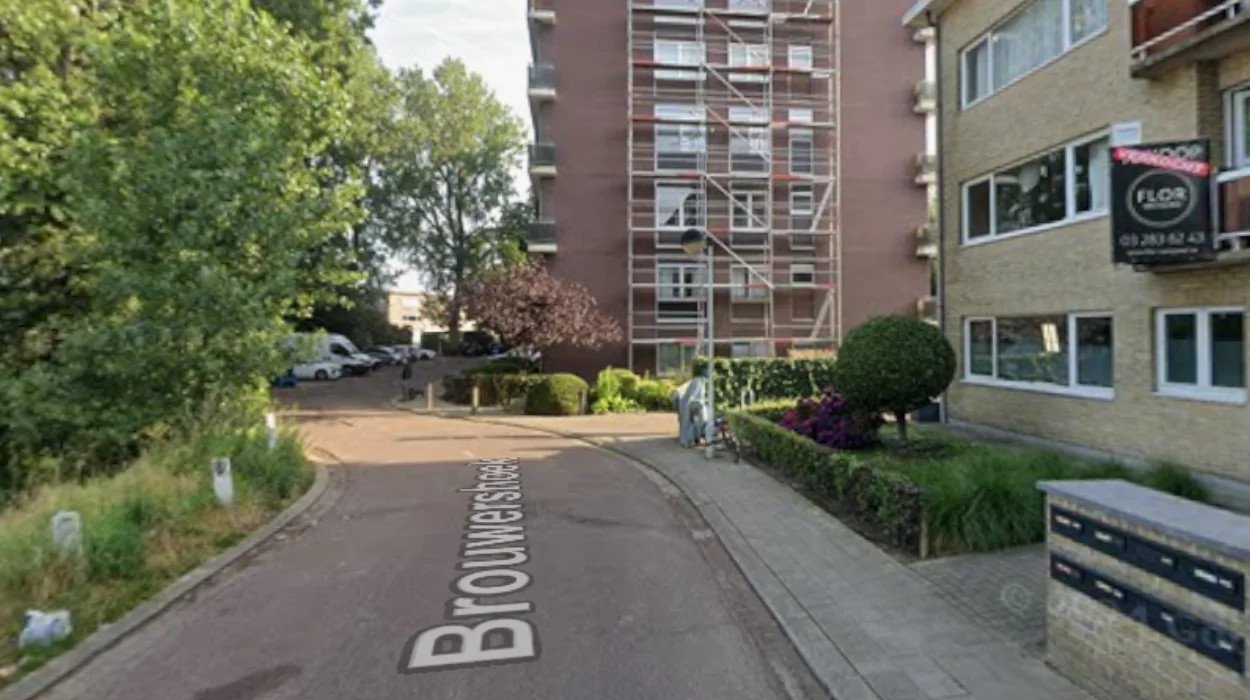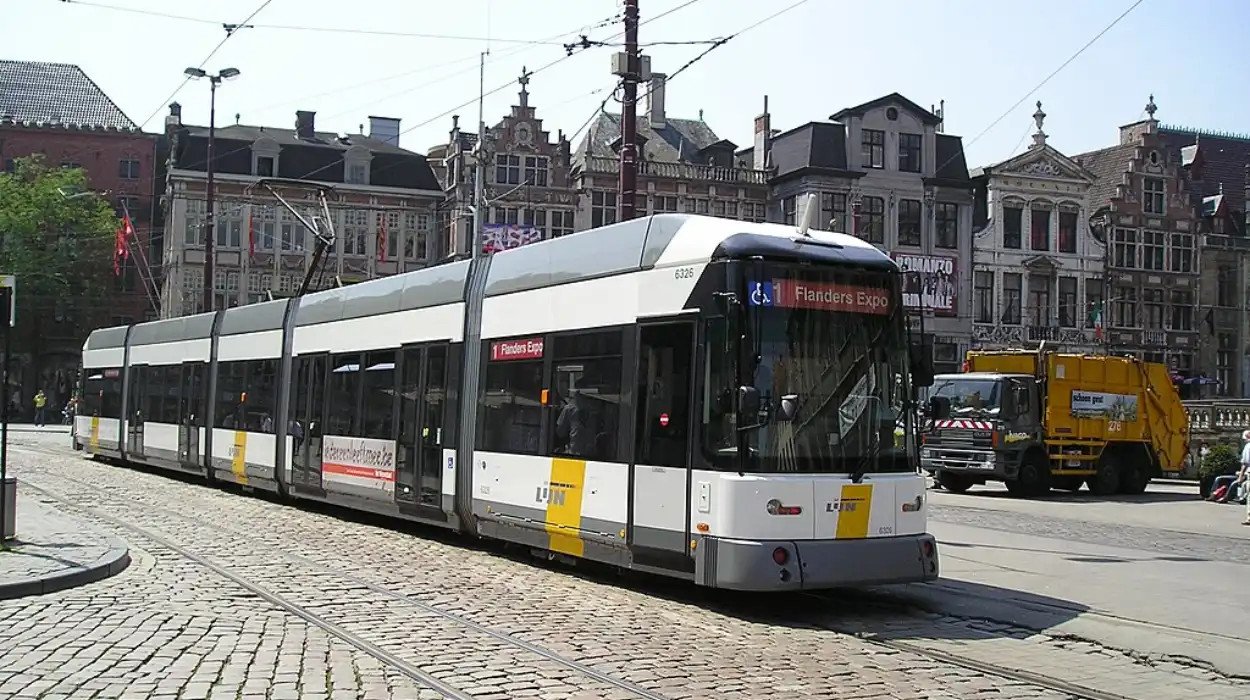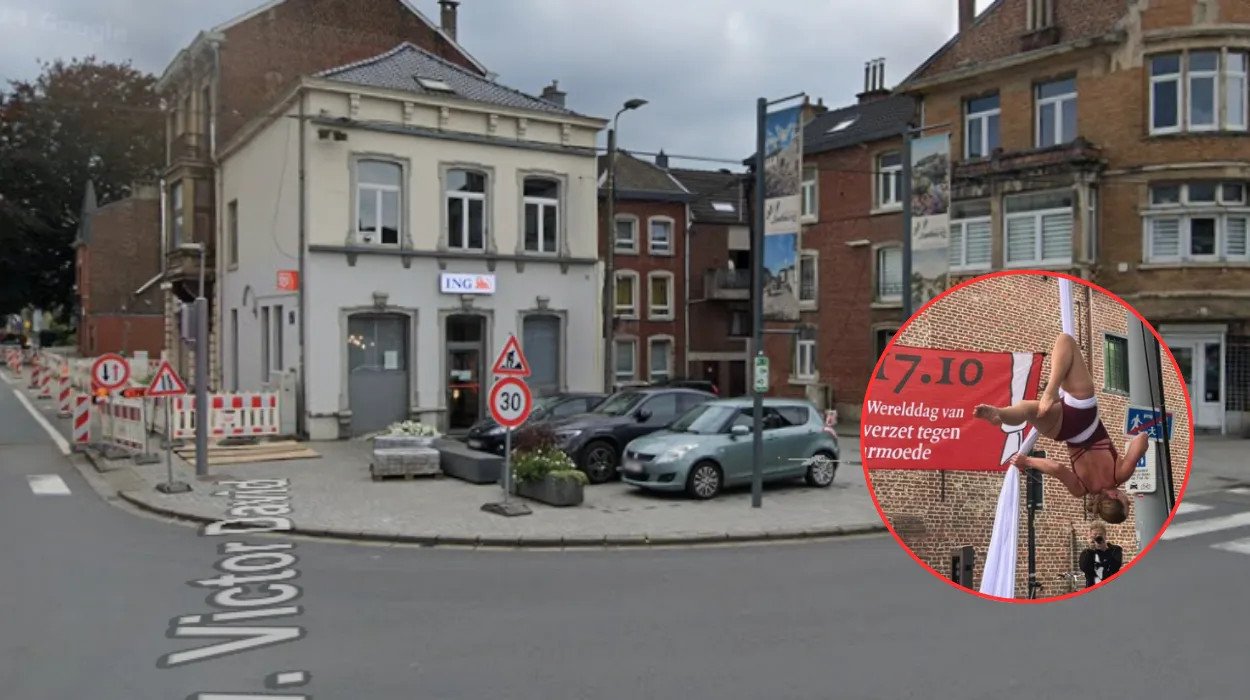Kortrijk (24brussels) – Chiro groups in Kortrijk are raising alarms about impending budget cuts that threaten to severely impact their programs, as Ro-Chiro risks losing €8,000 in subsidies and €2,000 in energy assistance. Youth councillor Felix De Clerck is contemplating options for support based on building conditions.
According to VRT News, the planned budget cuts will heavily affect daily operations for Chiro groups in Kortrijk. Ro-Chiro relies on €8,000 in annual subsidies, with a significant portion allocated for essential operating expenses, including play equipment for children.
The city additionally subsidizes €2,000 each year to assist with energy and water bills. Should this support be revoked, the youth groups would be left to bear these expenses independently, resulting in a potential loss of half their activity budget.
Chiro leader Jasper Deschamps expressed that the funding shortfall would inhibit their ability to invest adequately in children’s programs. He emphasized that raising membership fees is not a viable solution, as the organization aims to maintain affordability for all families.
Potential consequences of Kortrijk’s budget cuts on Chiro youth work
On August 21, 2025, leaders from Ro-Chiro and Chiro Tandem issued an open letter representing all Chiro groups in Greater Kortrijk, directed to youth councillor Felix De Clerck of Team Mayor, Stadslijst Kortrijk. The letter articulated deep concerns regarding the financial measures being taken by the city.
The youth organizations warned that should they be required to absorb the full energy costs, it would create a significant strain on their already limited budgets. They highlighted that the issue is particularly pressing for groups housed in older, poorly insulated facilities, where energy costs are substantially higher. The Chiro leaders urged the city to consider the differences between groups occupying modern, renovated facilities and those still reliant on outdated spaces. Their message was unequivocal: without financial support, the additional burden could jeopardize the quality and accessibility of youth programs throughout the city.
“But I want to discuss everything thoroughly in the city council and also together with the youth council and the youth movements,”
said Felix De Clerck.
In response, youth councillor De Clerck affirmed the necessity for the city to implement substantial savings, stating that youth groups would indeed be expected to manage their own energy expenses. He acknowledged the validity of the Chiro leaders’ concerns regarding older facilities.
De Clerck proposed that the city should adopt a differentiated approach toward youth groups based on the condition of their buildings. He suggested that those in recently renovated structures might be required to contribute more compared to those in older facilities.
Nevertheless, he assured that investment in youth infrastructure would continue, with plans for new buildings, including provisions for three Chiro branches in Kortrijk, remaining intact despite the overall budget cuts.
“The city wants us to pay all our own energy costs so we’d be more energy-conscious. But in poorly insulated classrooms or classrooms that don’t yet have double glazing, it’s impossible to conserve energy.”
– Jasper Deschamps
Chiro has been operating in Belgium since 1934, evolving into the country’s largest youth organization with branches throughout Flanders and Brussels. Initially founded on Catholic principles, it has transformed into an inclusive movement that emphasizes play, creativity, and community.
Local branches are often located in parish halls or former classrooms, many of which are now outdated and financially burdensome to heat. For decades, Chiro has maintained low membership fees thanks to subsidies, fundraising efforts, and the commitment of volunteers.
